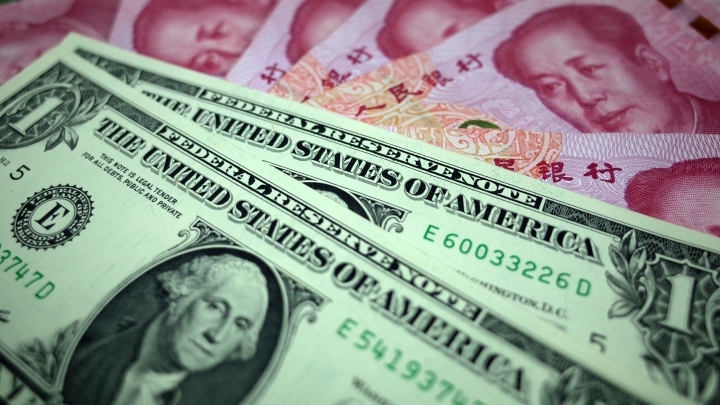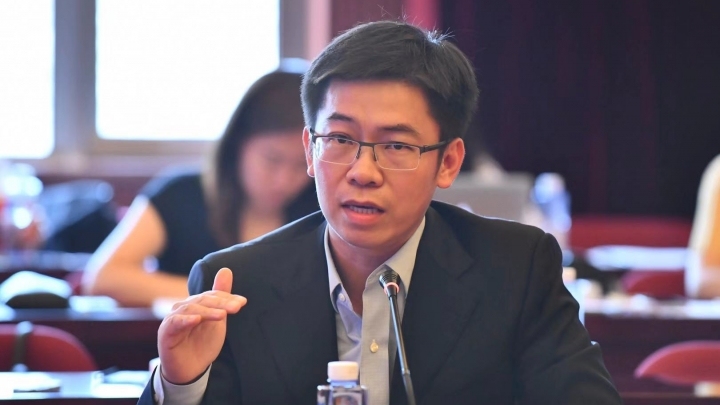U.S. decision to label China currency manipulator totally wrong: PBOC
U.S. Treasury's decision to label China "a currency manipulator" is totally wrong, a deputy central bank governor said Tuesday.
![A bank clerk count banknotes of China's yuan and U.S. dollars in a bank in Jiangsu Province on Tuesday, August 6, 2019. [Photo: VCG]](https://p1crires.cri.cn/01dcri/images/zhycms_chinaplus/20190806/edc42b6f-31a7-4622-9114-d5f3c21322e8.jpg?x-oss-process=image/resize,w_650)
A bank clerk count banknotes of China's yuan and U.S. dollars in a bank in Jiangsu Province on Tuesday, August 6, 2019. [Photo: IC]
The label not only violates the common sense of economics and international consensus, but fails to meet the quantitative criteria for the so-called "currency manipulator" set by the U.S. Department of the Treasury, said Chen Yulu, deputy governor of the People's Bank of China (PBOC).
China has never resorted to competitive devaluation and will not use currency as a tool for competition, according to Chen.
During the 1997 Asian financial crisis and the 2008 global financial crisis, China was committed to keeping the currency stable, which contributed tremendously to the global economic recovery and stabilization of the international financial market, Chen said.
Since China's currency reform in 2005, the yuan's nominal exchange rate and real exchange rate have appreciated around 40 percent. Meanwhile, the country's current account surplus declined to 0.4 percent of the GDP of 2018, down notably from 9.2 percent in 2005, he said.
The yuan's depreciation since the beginning of August should be attributed to market fluctuations caused by the changes in global economic climate and escalation of trade frictions, Chen said, stressing that the devaluation, which is decided by market forces, is completely unrelated to so-called currency manipulation.
The trade disputes provoked by the U.S. have triggered various fluctuations in the global financial market and at the same time brought volatility to both the U.S. financial market and the U.S. dollar index since 2018, Chen said.
"We hope that the U.S. side should show respect for the truth and resolve the economic and trade disputes with China in a more reasonable and pragmatic way before it goes too far on the wrong path," he added.



